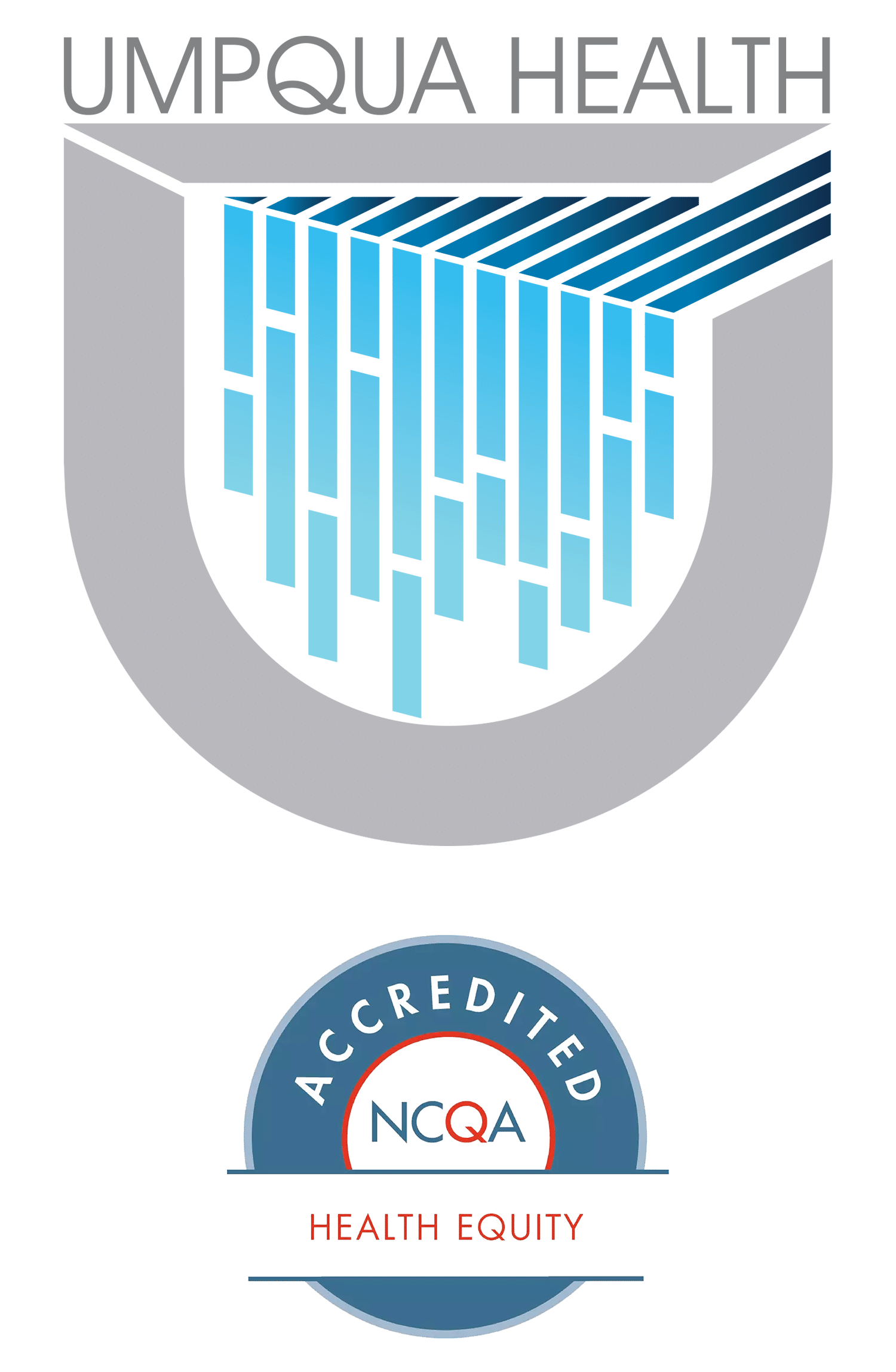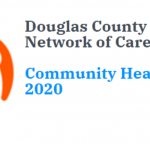Managing Your Mental Health in Unprecedented Times

Many of us are experiencing increased levels of stress and anxiety due to COVID-19, wildfires across Oregon, and other societal and personal concerns. Now more than ever it is important to take care of our mental health.
There is a close connection between mental and physical health. Poor mental health is a risk factor for many chronic physical health conditions. Mental health can give us strength and the ability to cope with stress and life’s setbacks, which is especially important in times like these where many stressful circumstances are beyond our control.
Helpline available for Oregonians
There are a variety of ways you can take care of your own mental health at home, but there is also help available for those who are experiencing depression or suicidal thoughts. If you or someone you know is facing a difficult mental health issue, talk to a medical professional about getting help.
Oregon-based nonprofit Lines for Life and OHA have launched the Safe + Strong Helpline at 800-923-4357 (800-923-HELP). The line offers free, 24-7 emotional support and resource referral to anyone who needs it – not only those experiencing a mental health crisis.
The Safe + Strong Helpline is a response to the need for emotional support around disasters like COVID-19 and wildfires and was funded by the CARES Act. Callers are routed to a counselor who can provide emotional support, mental health triage, drug and alcohol counseling, crisis counseling or just connection.
Resources:
- Safe + Strong Helpline: 800-923-4357 (HELP).
- Safe + Strong: www.safestrongoregon.org/.
- National Suicide Prevention Lifeline: 800-273-8255 (TALK).
Boosting mental health
Since there is such a strong connection between mental and physical health, simple lifestyle changes can have a positive impact on mental health. For those who suffer from depression, these changes can help lower the severity of symptoms. These changes include:
- Getting at least 7 hours of sleep per night
- Moving your body for at least 30 minutes per day
- Eating delicious and nutritious foods
- Avoiding alcohol and drugs
- Taking time to relax
- Socializing while social distancing
Looking for signs
The signs and symptoms of a mental health disorder like depression can present themselves in different ways, depending on the person. It is important to know what to look for both in yourself and your loved ones. Depression can affect anyone, especially as we are isolating in our own homes during a stressful time. Symptoms may include:
- Inability to fall asleep, under- and oversleeping
- Lack of appetite, or overeating
- A loss of energy
- The inability to concentrate
- A lack of interest in activities
- Feelings of hopelessness or guilt and/or low self-worth
- Suicidal thoughts or intentions
The first step to treating depression is meeting with a medical professional to discuss a route to recovery. The way a person goes about treatment is different for everyone and depends on what they and their doctor think will help them best, whether that be therapy, medication, or something else entirely. Knowing the signs and plotting a plan to recovery before major symptoms occur are important as depression can be treated.
Suicide prevention
A person’s risk for suicide can be increased during times of stress and fear. Feelings of isolation, depression, anxiety, and other emotional or financial stresses are known to raise the risk for suicide. People are more likely to experience these feelings during a crisis like a pandemic.
However, suicidal tendencies often come with many warning signs. It’s time to get help when you or someone you know is behaving in one or more of the following ways:
- Focusing on death and talking openly about wanting to die
- Becoming withdrawn and avoiding close friends and family
- Showing signs of despair, and talking about unbearable pain or becoming a burden to others
- Experiencing swings in mood and/or sleep patterns
- Struggling with substance abuse
- Acting recklessly
Fortunately, there are ways to protect against suicidal thoughts and behaviors. For example, support from family and community, or feeling connected, and having access to in-person or virtual counseling or therapy can help with suicidal thoughts and behaviors.
If you or someone you know is thinking about suicide, call the National Suicide Prevention Lifeline at 800-273-8255 (TALK), or text 741741. It’s always open, and you can talk to a trained counselor who can help you.
Sources:
- https://www.nimh.nih.gov/health/topics/depression/index.shtml
- https://www.nimh.nih.gov/health/statistics/major-depression.shtml
- https://www.cdc.gov/hrqol/Mental_Health_Reports/pdf/BRFSS_Full%20Report.pdf
- https://www.nami.org/Personal-Stories/Improve-Your-Own-Mental-Health
- https://www.mentalhealth.org.uk/publications/how-to-mental-health
- https://www.psycom.net/depression.central.html
- https://www.nami.org/Learn-More/Mental-Health-Conditions/Depression/Overview
- https://www.webmd.com/depression/guide/depression-recognizing-signs-of-suicide#1
- https://www.webmd.com/depression/guide/major-depression#1
- https://www.webmd.com/depression/how-depression-affects-your-body#1
- https://www.webmd.com/mental-health/mental-health-types-illness#1
- https://www.webmd.com/depression/features/anxiety-depression-mix#2
- https://blogs.webmd.com/mental-health/2018/08/5-habits-that-could-be-harming-your-mental-health.html





